Observers Slam Belarus Polls For Flouting Democratic Norms
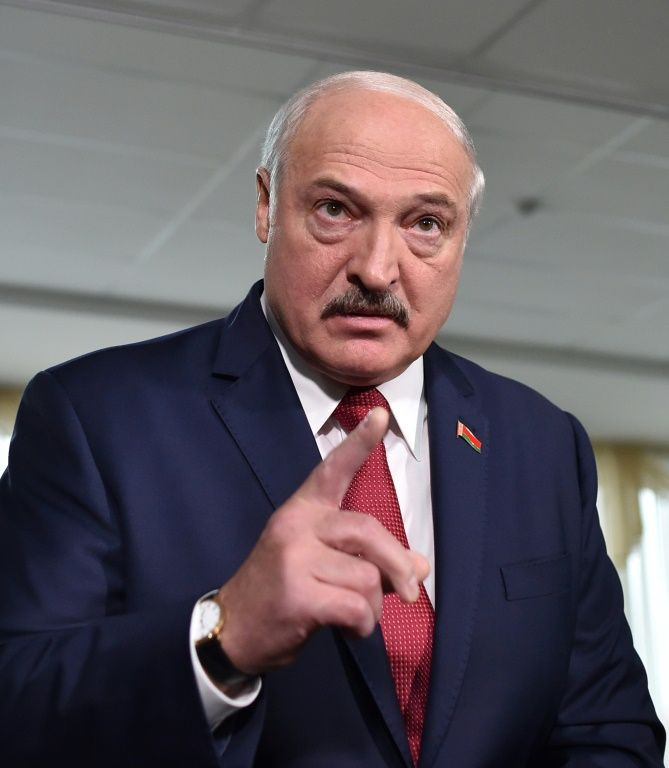
Parliamentary polls in Belarus did not show respect for democracy, international observers said Monday, after the opposition to authoritarian President Alexander Lukashenko failed to win a single seat.
"These elections have demonstrated an overall lack of respect for democratic commitments," Margareta Cederfelt, leader of the Organization for Security and Cooperation in Europe's (OSCE) short-term observer mission, told journalists in Minsk.
She warned that "parliamentary elections are in danger of becoming a formality" in the ex-Soviet country ruled since 1994 by strongman Lukashenko.
The European Union, for its part, criticised what it called "an overall disregard for fundamental freedoms of assembly, association and expression," adding that the vote was "a lost opportunity to conduct elections fully in line with international standards".
Opposition observers had already denounced Sunday's vote as a fraud and said it was rife with violations.
Official results released Monday showed parties loyal to Lukashenko taking all 110 seats in the House of Representatives, the lower chamber of a parliament dubbed a rubber stamp by critics.
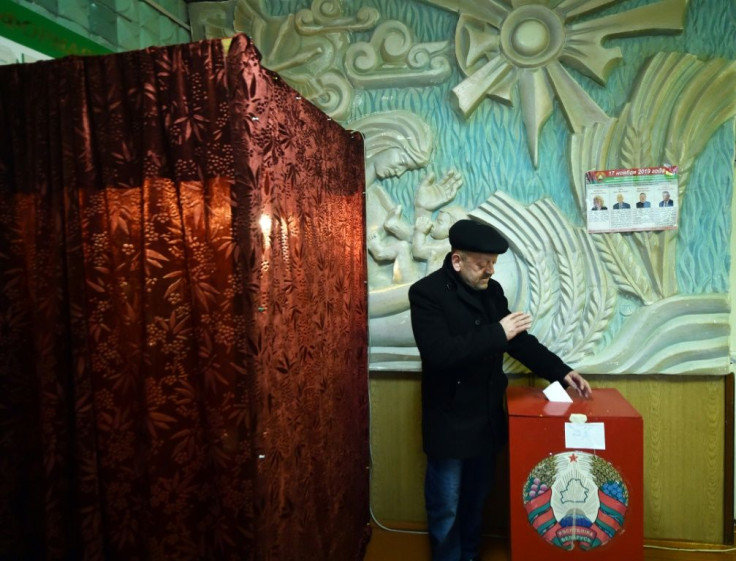
The opposition previously held two seats in the chamber.
More than half of the new deputies are government employees, including officials and journalists working for state media.
Among the most prominent new lawmakers was the 22-year-old Miss Belarus 2018, Maria Vasilevich, who has frequently accompanied Lukashenko at official events in recent months.
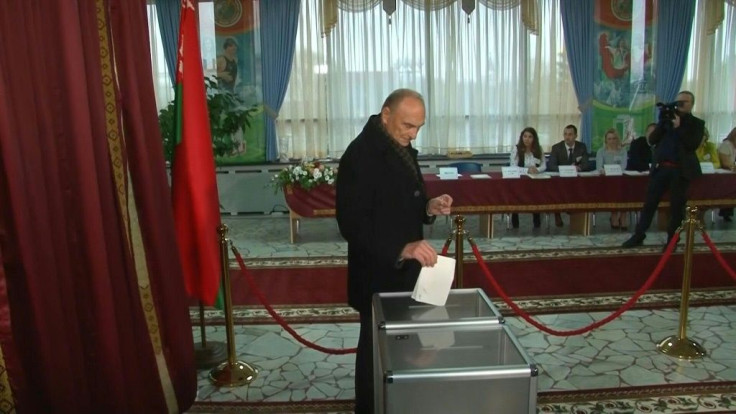
The 65-year-old Lukashenko -- who has been dubbed "Europe's last dictator" -- has overseen a series of elections that international observers have deemed unfair.
The country is set to hold a presidential election next year and as he cast his ballot on Sunday Lukashenko confirmed he would again be a candidate.
Lukashenko has made efforts recently to reach out to the West, and he said he understood that Western countries would be watching the parliamentary vote. But he added that it was the Belarusians who would have the last word.
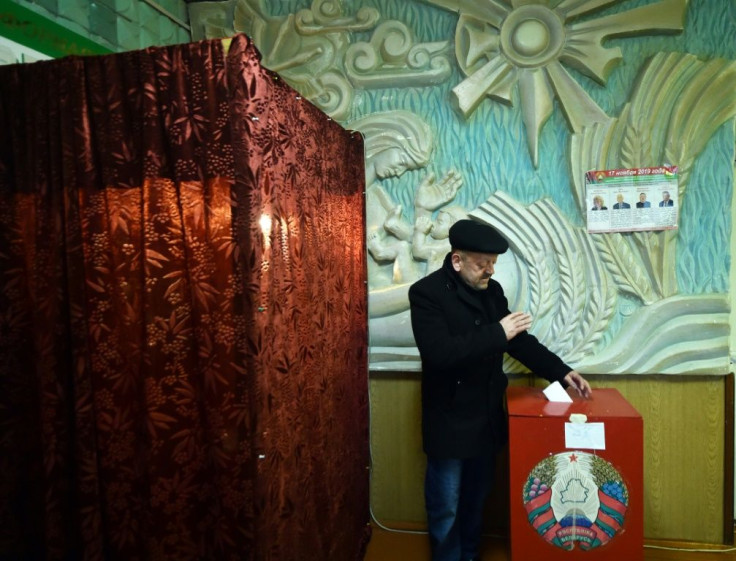
"We hold this vote in our country for our people, to make things better, and we hold it in the way we understand," he said.
Russia also endorsed the election, with Foreign Minister Sergei Lavrov telling his Belarusian counterpart in Moscow that the elections were an important event.
"I would like to congratulate our Belarusian friends on holding them successfully," Lavrov said, RIA Novosti news agency reported.
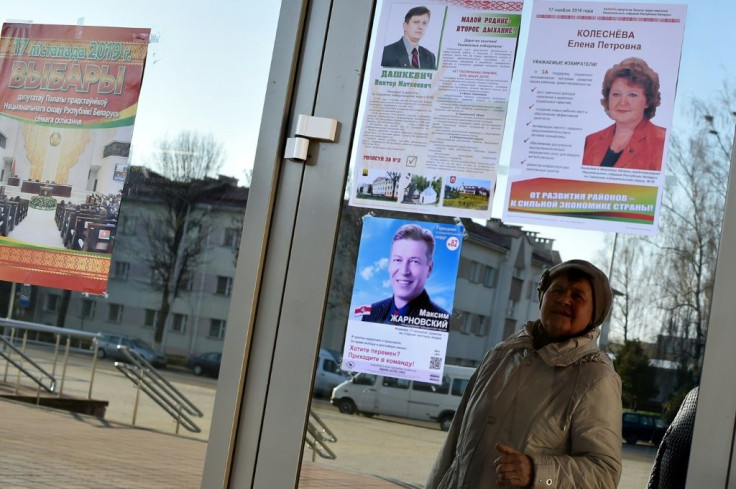
Those critical of Lukashenko faced little choice at the ballot box, with the main opposition leaders and the only two previous opposition MPs barred from standing.
According to the authorities, more than 35 percent of the 6.8 million electorate voted ahead of polling day, while overall turnout reached 77 percent.
Nikolai Kozlov, the leader of the United Civic Front opposition party and a failed candidate in the vote, denounced the election as a sham.
"With these shameless and cynical falsifications, the authorities are leaving people no choice -- they are pushing people out into the streets," he told AFP on Monday.
An election monitoring campaign organised by opposition parties reported multiple violations on voting day, including officials inflating voter numbers.
"The Belarusian system of election falsifications has been honed to perfection," Pavel Usov, head of the Warsaw-based Centre for Political Analysis and Prognosis, told AFP.
"No one votes, no one counts the votes, but there is a result which no one is able to contest."
There was an "atmosphere of intimidation" during the campaign and "even temporary detention of some opposition candidates," Corien Jonker, head of the mission of the OSCE Office for Democratic Institutions and Human Rights, said in Minsk.
In recent months Lukashenko has been making renewed attempts to reach out to Western nations, which have been critical of his record on human rights and democracy.
He made a rare visit to western Europe this month, meeting Austrian leaders in Vienna and saying he wanted the European Union to be "an important political and business partner" for his country.
He also hosted then White House national security advisor John Bolton for rare talks in Minsk in August, saying a "new chapter" was opening in ties with Washington.
Lukashenko is seeking a counterweight in relations with giant neighbour Russia, which is keen to ensure Belarus remains in its sphere of influence.
The countries have formed a nominal "union", with close trade and military cooperation, but Lukashenko has opposed outright unification.
© Copyright AFP 2024. All rights reserved.





















